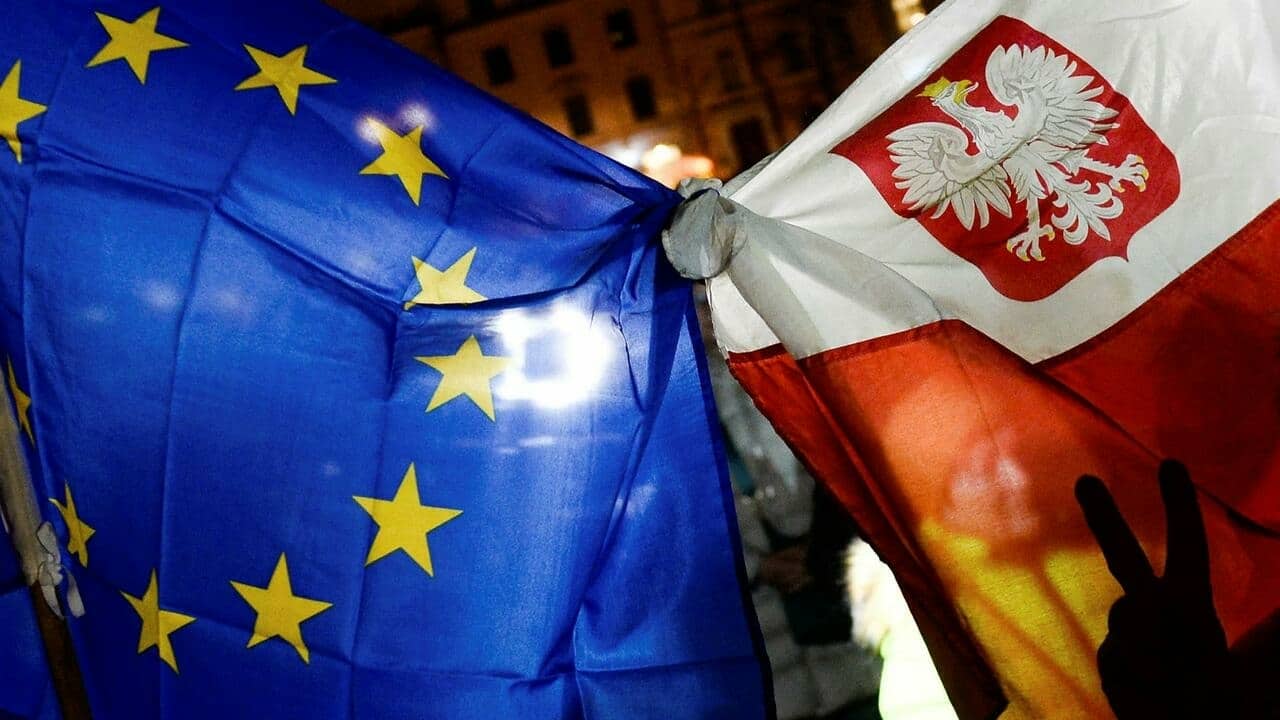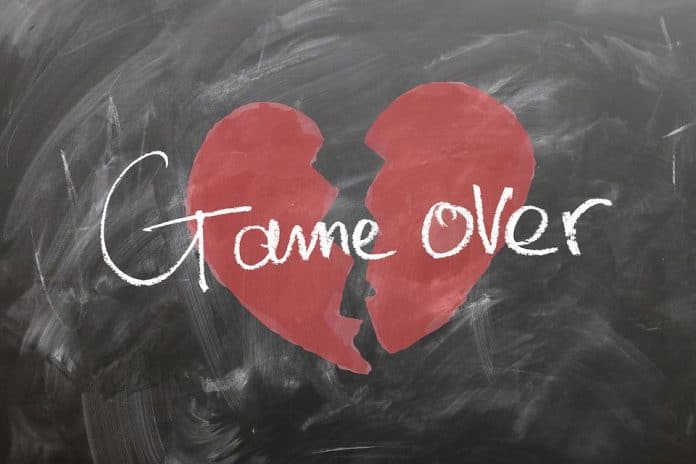On 5 and 6 July, a Ministerial on FoRB took place in London with participation of Christians, Muslims, Hindus, Buddhists, Scientologists, and many others.
LONDON, UNITED KINGDON, July 21, 2022 /EINPresswire.com/ — On 5 and 6 July, an International Ministerial on Freedom of Religion or Belief occurred in London, hosted by the UK government. The conference brought together governments, parliamentarians, faith and belief representatives and NGOs, to discuss how a global action on freedom of religion or belief (FoRB) for everyone could be increased.
About 500 delegates were invited to participate, all of them being known actors in the field of FoRB, for this 2-day conference which was held at the Queen Elizabeth II Centre. It was the first in-person International Ministerial Conference on this topic since 2019 (the US held the two first ministerial conferences in 2018 and 2019).
The purpose of the conference, coordinated by MP Fiona Bruce, UK Special Envoy on FoRB, and the FCDO team, was to identify what is working in different countries as regards FoRB, explore where and how we can apply new lessons and approaches and inspire the next generation to champion and defend FoRB for everyone all around the world.
Examples of discrimination, persecution and even sometimes genocide based on religion or belief was shared and discussed, and participating governments pledged to act strongly to put an end to violations of the right to freedom of religion or belief all over the world. Civil society and faith-based organizations were associated with the process, and it was duly recognized that only equal cooperation between civil society and governments could bring about a real change in the field of FoRB.
For the Vice-President of the European Office of the Church of Scientology for Public Affairs and Human Rights, Rev. Eric Roux, who was invited as a delegate: “FoRB is a crucial human right. Often, the state of FoRB in a country tells everything about the respect of other human rights in that same country. Unfortunately, it’s a right which is endangered nowadays in so many parts of the world, would it be through discrimination, persecution or worst, that there is a strong need to build alliances of people of goodwill to defend it and make it a reality on Earth. There is a lot to go. That is why it is of the utmost importance to bring people together on this issue and the fact that the UK government decided to host this event is to be highly commended. It has been an important step towards the establishment of freedom of religion or belief for everyone, everywhere.”
A day after the conference, the UK government organized a meeting with some relevant stakeholders, for a “Strategic Discussion on Next Steps”, to cover scene-setting reflections and practical steps after the Ministerial, where Ivan Arjona, President of the European Office of the Church of Scientology for Public Affairs and Human Rights, had the chance to exchange views and make proposals with other stakeholders.
The strategic discussion on the next steps meeting, counted among the respondents Mervyn Thomas (Chair of the UK FoRB Forum), Lord Alton of Liverpool (Vice-Chair of the UK All Party Parliamentary Group on International FoRB), Greg Mitchell (Chair of the US International Religious Freedom Roundtable Secretariat), Nadine Maenza (former Chair of the US Commission on International Religious Freedom), Jos Douma (Netherlands Special Envoy on Freedom of Religion or Belief), Sam Brownback (former US Ambassador at Large for International Religious Freedom), Chris Seiple from the Institute of Global Engagement, and Jim Shannon (Co-Chair of the UK All Party Parliamentary Group on International FoRB). Other subjects discussed were “Civil Society, Parliamentarians and Academics”, “FoRB and the Media” and “Funding FoRB”.
The Church of Scientology has been championing FoRB for decades, and this right is enshrined in its Credo since 1953. Also, the “Code of a Scientologist”, written by Scientology founder L. Ron Hubbard, requires Scientologist to support freedom of religion for all. The European Office of the Church of Scientology for Public Affairs and Human Rights is specifically tasked with this issue and works tirelessly to make it a reality in Europe and abroad, working shoulder to shoulder with many other like-minded organizations.
Scientology Europe
European Office for Public Affairs and Human Rights
+32 2 533 28 00
email us here
Visit us on social media:
Facebook
Twitter
LinkedIn













